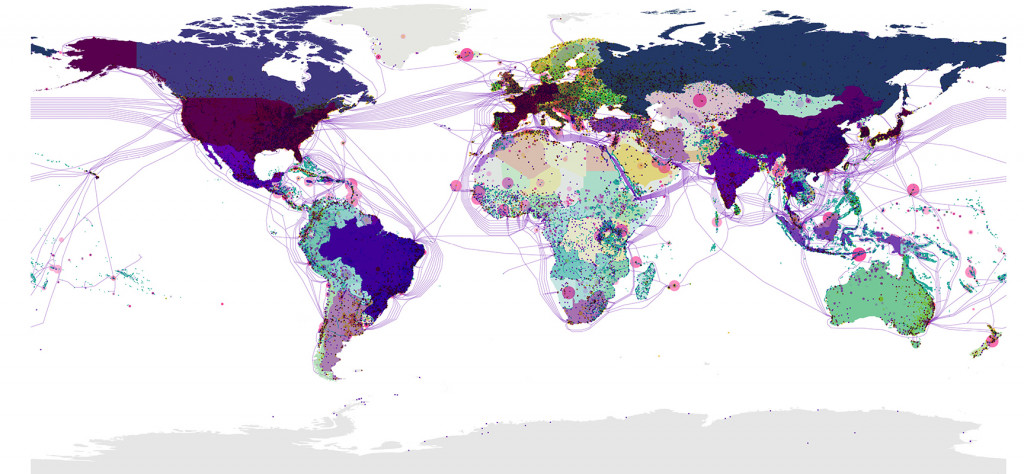THE NEW OLD
Rethinking the future of the past
The New Old is a collaborative research between The Why Factory and the IAAC Master in City and Technology that explores how we can manage all we leave behind by analyzing what does Old mean and what will become Old in the next years. By understanding its location, size and timeline we envisioned its future -by actions of removing, reusing, relocating and remembering- so we could start answering the question: What will be the New Old and how will it look like?

The Atlas of the New Old
Feel free to explore the project here: The New Old
keywords: #DataVisualisation, #DataMapping, #TheWhyFactory, #FutureOfThePast
WHAT IS OLD?
In order to define what will be the New Old of the near future, we must understand what makes things become Old. We have to look into our past to understand what are the layers we are on top of. What happens with the past and what do we do with it?In the contemporary context – as humanity develops- we need to meet our demands. There is friction created between our endless growth and the limited sources of our planet. We are in a crisis of choice and the awareness of a place -for a replacement that goes beyond orthodoxy- is the ultimate tool for changes. Is It about how much space and cost of opportunity could be created in this process of understanding the past. As we keep evolving, do we keep leaving traces? and how do we handle it?
In the context of the lifespan in a timeline, things constantly become old.

The New Old: Rethinking the Future of Our Past is a project of IAAC, Institute for Advanced Architecture of Catalonia developed at Master in City & Technology in 2020/21 by students: Adriana Aguirre Such, Arina Novikova, Alvaro Cerezo Carrizo, Dongxuan Zhu, Hebah Qatanany, Iñigo Esteban Marina, Juan Pablo Pintado Miranda, Kevin Aragón, Diana Roussi, Kshama Patil, Laura Guimarães, Leyla Saadi, Mario González, Marta Maria Galdys, Matteo Murat, Aishath Nadh Ha Naseer, Riccardo Palazzolo Henkes, Sasan Bahrami, Simone Grasso, Sinay Coskun, Sridhar Subramani, Stefania-Maria Kousoula, Tugdual Sarazin, Miguel Tinoco Hdz, Iván Reyes Cano, and faculty: Winy Maas, Javier Arpa, Adrien Ravon, Lex te Loo